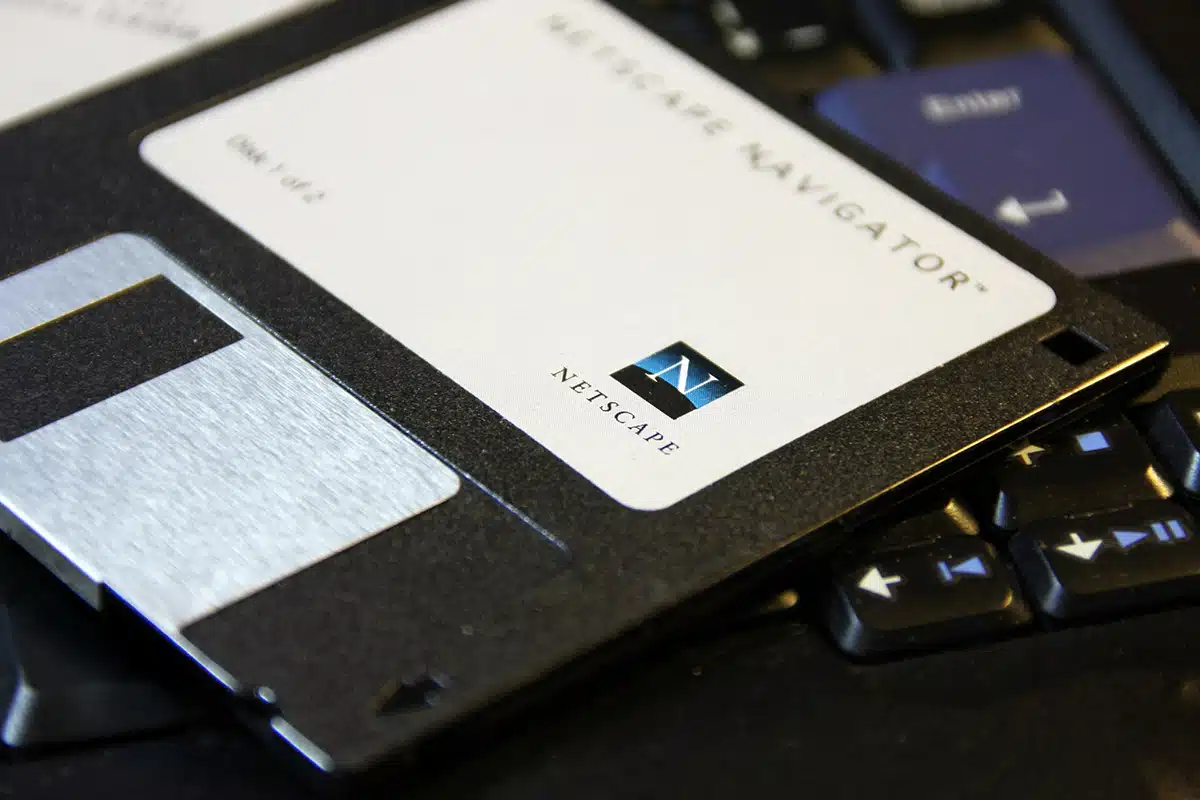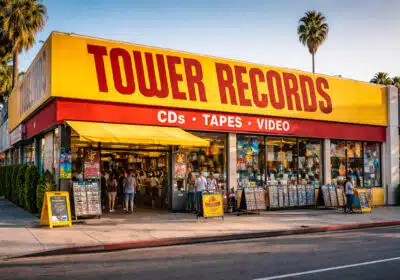
Act I: A Window Opens
In the early 1990s, the internet was still a mysterious frontier. It was academic, technical and largely inaccessible to the average user. But in 1994, a company emerged from the fog of Silicon Valley with a vision to make the internet usable, visual and revolutionary.
That company was Netscape Communications, founded by Marc Andreessen and Jim Clark. Andreessen, a brilliant young programmer, had co-developed Mosaic, the world’s first user-friendly web browser, while at the University of Illinois. Clark, a seasoned entrepreneur, saw dollar signs and digital gold in Andreessen’s code. Together, they launched Netscape and released Netscape Navigator, a sleek, point-and-click browser that let people surf the World Wide Web with ease.
It was fast. It was visual. It was intuitive. Suddenly, the internet was no longer just for engineers. It was for everyone. Netscape did not just ride the wave, it helped create the wave.
Act II: The IPO Heard Round the World
Netscape was barely a year old when it made one of the boldest moves in business history. On August 9, 1995, after just 16 months in operation, Netscape went public.
It opened at $28 per share but closed the day at $58.25, giving the company a market cap of nearly $3 billion. For a company with zero profits, this was unprecedented. Silicon Valley took note. Wall Street took notice. The world suddenly realized the internet was not just a novelty, it was an economy.
Netscape’s IPO became the spark that ignited the dot-com boom. Young entrepreneurs began launching internet startups in dorm rooms and garages. Investors could not pour in money fast enough. The browser wars had begun, and Netscape was leading the charge.
Act III: Enter the Empire
But in every great business story, there is always a turning point. And for Netscape, it came with the arrival of Microsoft.
Bill Gates was not about to let a scrappy startup control the gateway to the internet. Microsoft responded by launching Internet Explorer, a browser that mimicked many of Netscape’s features and came pre-installed with every copy of Windows.
Free browser, installed by default and backed by the most powerful software company in the world. Netscape could not compete with free.
Microsoft’s strategy was as ruthless as it was effective. By leveraging its dominance in operating systems, Microsoft quickly grabbed browser market share, and Netscape’s user base began to erode.
Meanwhile, Netscape tried to pivot. It released new versions of Navigator, focused on web servers, and even opened up the source code to create what would become Mozilla Firefox. But the damage was done.
Act IV: The Final Click
In 1998, with its stock price floundering and Microsoft squeezing tighter, Netscape was acquired by AOL for $4.2 billion. At the time, it seemed like a lifeline, but it was really the beginning of the end.
Under AOL, Netscape became a ghost of its former self. Internet Explorer eventually claimed over 90% of the browser market. Navigator updates slowed, and the brand faded. In 2008, AOL officially shut it down. And just like that, Netscape, once the king of the internet, became a digital footnote.
Act V: The Legacy That Will Not Quit
Here is the twist. Netscape may have lost the war, but it changed the game forever. Netscape kickstarted the modern tech IPO model. It showed the world that the internet was a marketplace, not a hobby. It inspired a generation of developers and entrepreneurs, many of whom went on to create Firefox, Chrome and even venture capital empires (such as Andreessen Horowitz).
The open-source movement? Mozilla traces back to Netscape. Web browsers as a product category? Netscape created it. The idea that speed, UX and innovation can topple the status quo? Netscape lived it.
Marketing Lessons from the Netscape Saga
- First-Mover Advantage Is Real, But Fleeting: Netscape was first, but it could not outlast a well-funded, strategically positioned competitor. Being first matters, but staying ahead matters more.
- Distribution Is King: Microsoft did not build the better browser. They just put it in front of more people. Great marketing is not always about the product, it is about how easily people can get it.
- Brand Can Spark Movements: Netscape’s IPO created a cultural shift. Your brand story can inspire beyond your product, if told right.
- Do Not Ignore the Giants: When you disrupt an industry, expect pushback. Have a plan to sustain and scale, even when the titans enter the ring.
- Legacy Is Not Always Measured in Wins: Netscape lost the battle, but the company helped shape the entire internet economy. That is the long-term power of innovation.
At Resolution Promotions, we believe every brand has the potential to lead its own revolution. You just need the strategy, the story and the spark to ignite it. Let’s write your Netscape moment (without the fall).



